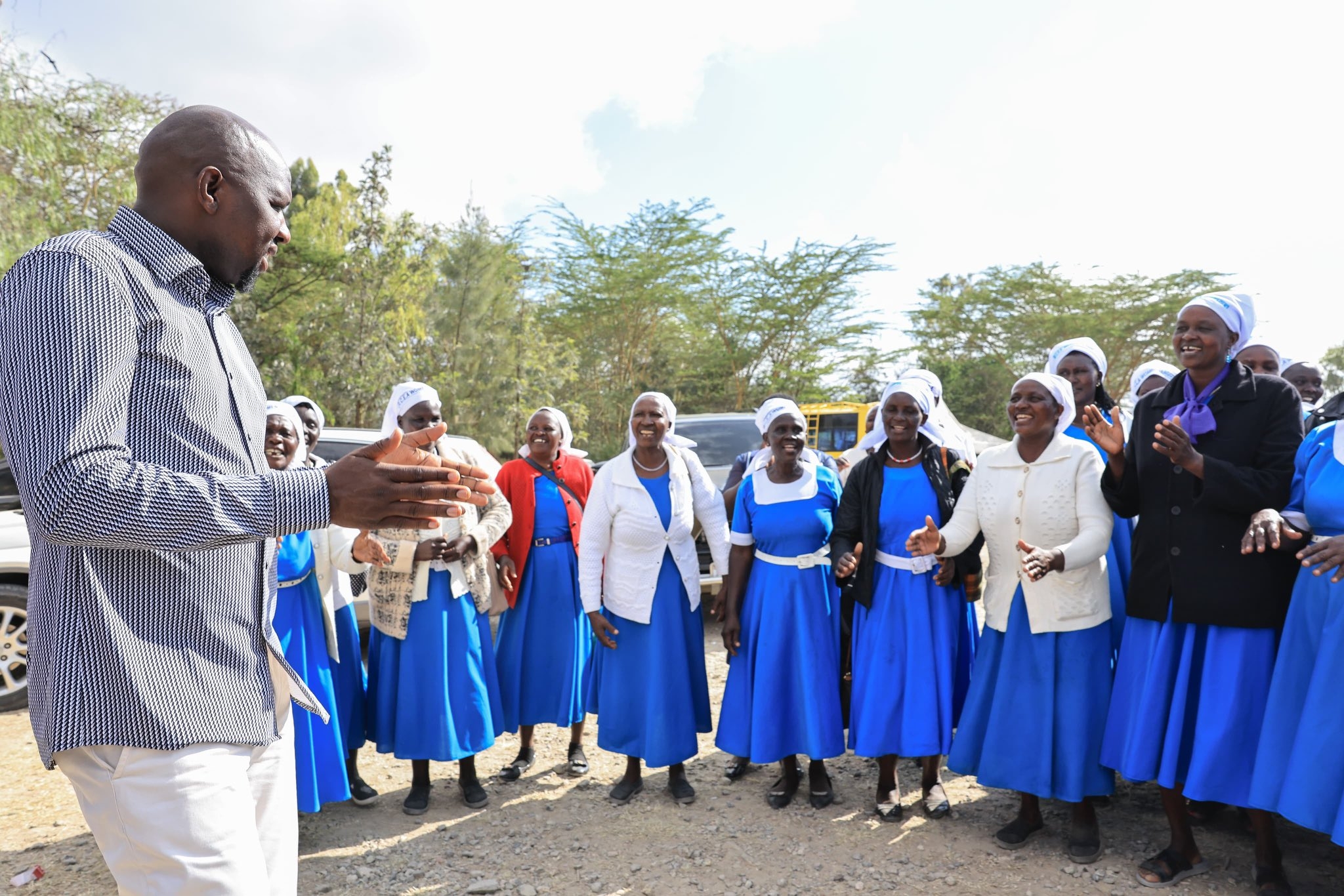With 'super gonorrhoea' wreaking havoc on Nairobians and the Kenya Medical Research Institute concerned about an increase in the number of cases that are becoming more difficult to treat, there is an impact of nutritional deficiencies on the severity and progression of gonorrhoea.
The bacterium Neisseria gonorrhoeae is the source of the sexually transmitted disease gonorrhoea.
It is a significant public health issue because, if untreated, it can result in a number of complications, such as pelvic inflammatory disease, infertility, and an elevated risk of HIV transmission. Every year, gonorrhoea is thought to cause 78 million new cases around the world.
Nutrition is a significant factor in the severity and progression of gonorrhoea.
The body's capacity to fight off infections can be hampered by nutritional deficiencies, which increase the risk of complications.
For instance, a Vitamin A deficiency can weaken the immune system, which makes it harder for the body to fight off the infection.
The body's ability to fight off infection may be hampered by anaemia, which can result from an iron deficiency.
Having a zinc deficiency is linked to a higher risk of getting gonorrhoea.
A lack of zinc can result in a weakened immune response because zinc is an essential mineral that is vital to the immune system.
Additionally, zinc is necessary for the synthesis of collagen, a structural protein that maintains the strength of the body's tissues.
Collagen can break down as a result of a zinc deficiency, making it simpler for the bacteria to spread to other areas of the body.
The risk of developing gonorrhoea is also increased by protein deficiency.
Protein is necessary for tissue growth and repair, and a lack of it can weaken tissues, making it simpler for bacteria to spread.
Protein is also necessary for the synthesis of antibodies, which the immune system uses to fight infections.
Protein deficiencies can weaken the immune system, making it more challenging for the body to fight off the infection.
It's also crucial to remember that malnutrition can raise a person's risk of contracting gonorrhoea.
When the body does not receive enough nutrients to function properly, malnutrition is a condition that develops.
It can be brought on by a lack of food, a problem absorbing nutrients, or both. The immune system may become weakened by malnutrition, making it more challenging for the body to fight off infections.
In conclusion, malnutrition and nutritional deficits can significantly affect the severity and course of gonorrhoea.
For the immune system to operate properly and to stop the course of the disease, it is imperative to consume the recommended amounts of vitamins, minerals, and protein, particularly vitamin A, iron, zinc, and protein.
People who are susceptible to gonorrhoea should understand the value of eating healthily and should see a doctor if they think they may have been exposed to the infection.
Lucy Chege is a registered and licensed nutritionist based in Kenya, proficient in medical nutrition therapy.














